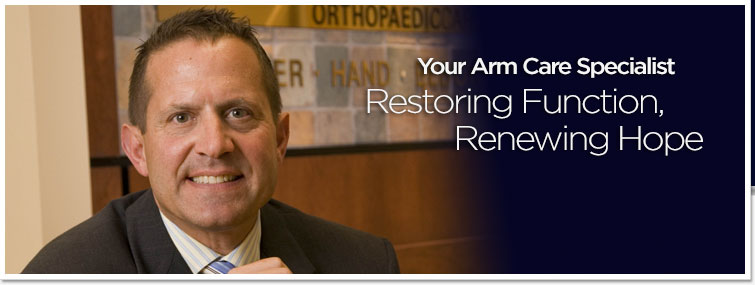NOTICE:
Our Practice has MOVED
Our new location is:
Suite 405
1815 South Clinton Ave
Rochester, NY, 14618.
The NEW phone number is 585-565-3500
Our Practice has MOVED
Our new location is:
Suite 405
1815 South Clinton Ave
Rochester, NY, 14618.
The NEW phone number is 585-565-3500

For appointments call
585.565.3500
Fax Number:
585.434.4081
585.565.3500
Fax Number:
585.434.4081

Knowledge is power
October 16th, 2011
The September issue of “The Bulletin”--the Journal of the Monroe County Medical Society—addressed the use of technology to enhance patient care. Although each was interesting, Dr Jim Fetten’s article resonated most: “The physician-patient relationship in the era of the internet.” It might seem that the vast amount of information available through search engines could muddy the waters—much may be unvalidated or inaccurate. Yet patients may make the assumption that what they read is indeed true. The article included two relevant quotes.
“Knowledge is power.” ---- Sir Francis Bacon
“Information is not knowledge.”---- Albert Einstein
There is no disputing the fact that our ability, as patients, to learn about what ails us, and the treatment thereof, can be valuable. We may become more active participants in our care through asking questions or challenging recommendations. Empowered patients are more likely to accept more accountability for their care and the outcomes of mutually agreed upon treatment. In short, empowerment may lead to better decisions.
On the other hand, the information-base that drives questions and challenges may be without a scientific basis. It may be misinterpreted, misunderstood, or flat out wrong---which is why Einstein’s quote is so relevant.
Winston Churchill said “True genius resides in the capacity for evaluation of hazardous and conflicting information.”
In other words—“Knowledge” is required.
And though the training, skill and experience of your doctor may indeed be the critical link between information and knowledge, I think that “information equality”---or at least equal information access--- can enhance the physician-patient relationship in this internet era, and lead to shared decision-making.
Of course no one of us may be as capable of truly interpreting information and assessing the quality of the scientific evidence as our doctor. Which is why trust and authenticity or so important, and why shared decision-making does not mean equal capacity to make the decision. It means, rather, that decision-making is through partnership.
One of the necessary side effects of information equality is the necessity for conflict resolution. By that I mean—it takes time to dispel myths, explain outcomes data, formulate reasonable expectations, and share in a decision. This dialogue may indeed extend beyond the office interaction.
In some respects, how could it not?
This is precisely why there may be as much art as science to healing in this internet age. You may appreciate my previous blogs entitled Shared decision-making , the Art of Medicine, and Authenticity trumps competence.
*POST EDITED BY DR. TOMAINO.
*POST EDITED BY DR. TOMAINO.
*POST EDITED BY DR. TOMAINO.
Replies
No replies!



